
9.17.2021
Thomas Magnuson co-founded Magnuson Hotels as a home-based business with his wife Melissa in 2003. Today, Magnuson Hotels is a top 15 global hotel group that markets over 65,000 hotels worldwide. Headquartered in London UK and Spokane WA, Magnuson Hotels has become the fastest growing hotel brand in history, adding more new hotels in the last 10 years than 8 of the top 10 chains combined. Thomas Magnuson is a Graduate of Harvard Business School, Pepperdine University School of Business and Tufts University.
Tell us a bit about your career trajectory. What led you to found Magnuson Hotels?
In the 1990s, Melissa and I were running family hotels in a small Western US mining town. When the local silver mines closed and a new highway was built bypassing the town, business dropped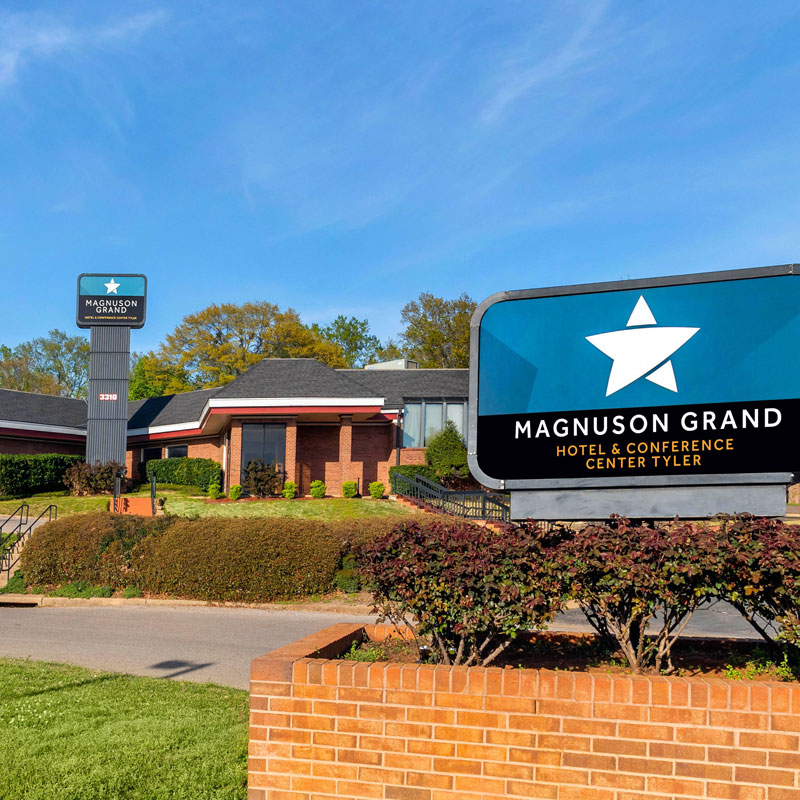 65%. Like many hotel owners, we turned to a major hotel franchise brand to replace our lost business base. We had high hopes, however our expectations were met with costly mandated standardizations and fees that did not generate new business. As independent owner operators, our plan to market the uniqueness and individuality of our hotels to targeted market bases hit a brick wall. We met other brand franchisees at conventions, and heard people ask: “why doesn’t someone start up a chain that helps owners become successful without forced standardization, offers personal support and fair fees for services with proven effectiveness?” That someone turned out to be us. We started Magnuson Hotels in 2003 with a mission to help hotel owners everywhere build business in their own way.
65%. Like many hotel owners, we turned to a major hotel franchise brand to replace our lost business base. We had high hopes, however our expectations were met with costly mandated standardizations and fees that did not generate new business. As independent owner operators, our plan to market the uniqueness and individuality of our hotels to targeted market bases hit a brick wall. We met other brand franchisees at conventions, and heard people ask: “why doesn’t someone start up a chain that helps owners become successful without forced standardization, offers personal support and fair fees for services with proven effectiveness?” That someone turned out to be us. We started Magnuson Hotels in 2003 with a mission to help hotel owners everywhere build business in their own way.
What was the hardest part about being a hotel entrepreneur in the early 2000s?
An entrepreneur’s curse (or purpose) is to see what has not been seen before. Some people say, “Give the customers what they want.” But that’s not a proper approach. Our job is to figure out what they’re going to want before they do. I think Henry Ford once said, “If I’d asked customers what they wanted,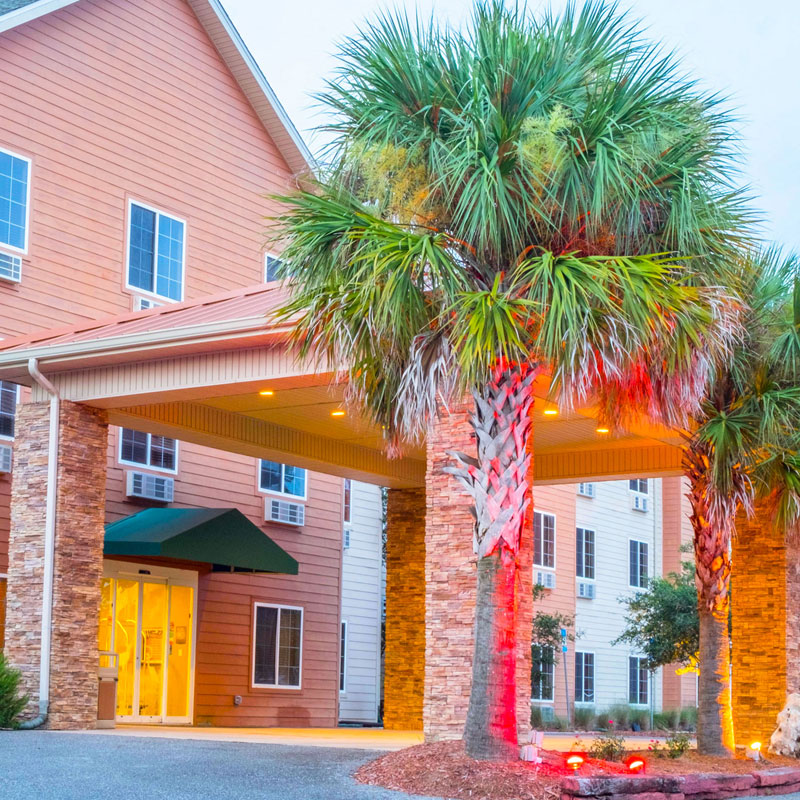 they would have said, ‘A faster horse!'” In many cases, people don’t know what the solution to their problems is until we show it to them. That’s why we never rely completely on market research. It tells you what has happened, but it’s our job to read things that are not yet on the page and come up with solutions to people’s problems.
they would have said, ‘A faster horse!'” In many cases, people don’t know what the solution to their problems is until we show it to them. That’s why we never rely completely on market research. It tells you what has happened, but it’s our job to read things that are not yet on the page and come up with solutions to people’s problems.
For us, the hardest part was explaining the unseen future we saw of the hotel industry to owner operators, as well as the industry. At the time we started, we introduced complete global hotel distribution, revenue management, local marketing to small independents before the Internet was mainstream, when people did not feel safe putting their credit card details online. Before most owners had internet or email. In the early 2000s, we were connecting mom and pop independents to the same global reservations network that Hilton, Marriott used. When owners did not have internet or email, we had to send all the bookings to them via fax, and we had to actually buy fax machines for some owners. We had to continually simplify our concept to hotel owners, so we sometimes reduced the concept we proposed to; give Magnuson your excess rooms to sell, and we will send you faxes with guest bookings.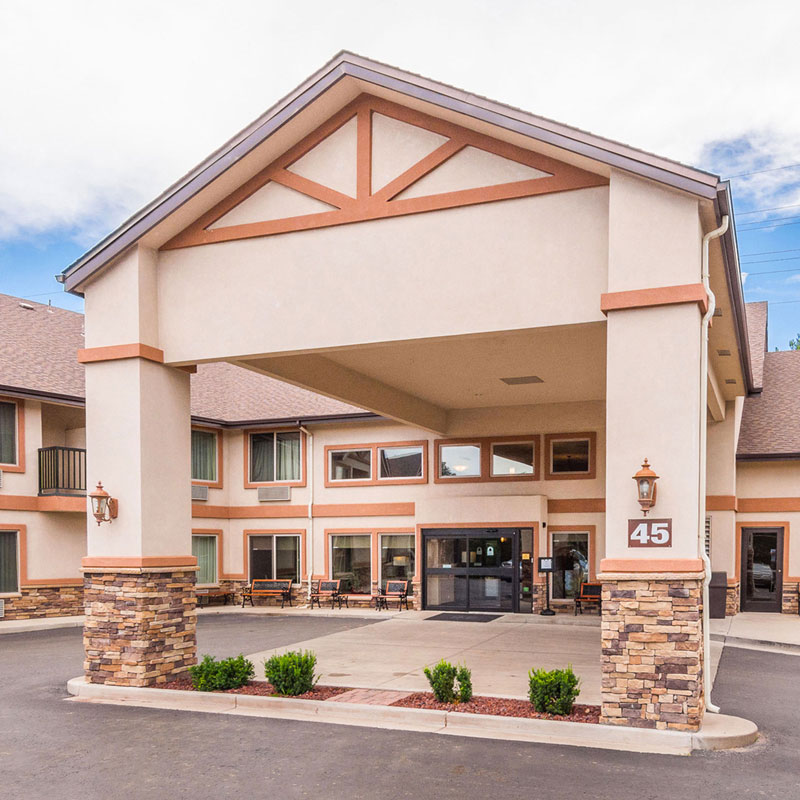
So it was very difficult for many owners to visualize “we can give you the same competitive firepower as Hilton, but without the sign.” People were not used to engaging in something that was invisible, that they had not seen before. But we started to build this company one brick at a time, one hotel at a time; first with friends and family hotels. When we showed results, word of mouth spread, and small owners were actually competing and succeeding against the massive proliferation of the major hotel brands at the time.
At the time, venture capital and banking institutions were reluctant to take a chance on something they had never heard of, so Magnuson Hotels was “bootstrapped” from ourselves, and from running a lean focused operation, just growing cash flow from making hotels successful, one brick at a time.
Throughout history, whenever a disruptor enters a well-established industry, the disruptor experiences negative information proliferation from incumbents. “It’s not proven, it may be unreliable, unsafe.” Just look at the first few years of Uber or Airbnb, when they were called these things, and now they are some of the largest brands in the world.
What role has technology played in navigating some of the challenges presented by the COVID-19 pandemic?
In our experience, technology has helped hotel owners survive the Covid-19 economy in 3 ways; operating at lower cost, increasing efficiencies, and by opening up new markets.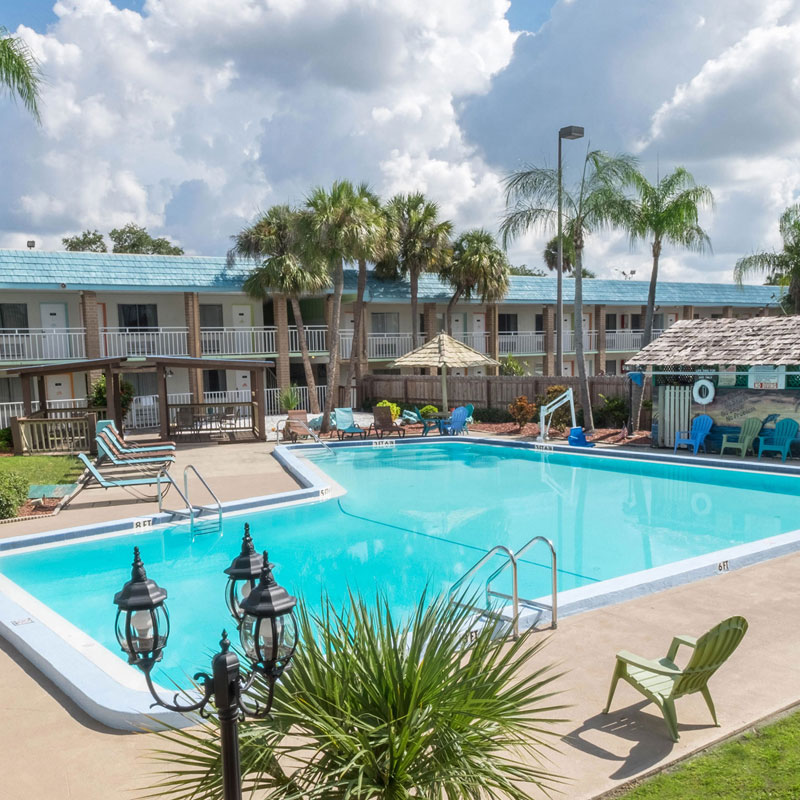
A lower cost of operation can be accomplished first by outsourcing as many demand-side roles as possible, such as in house revenue manager, social marketing, corporate sales, and less guest service reps at the front desk. While these roles are all fixed cost via an in house status, they can be outsourced to performance-based platforms, and fixed costs become variable costs that can be built into the room rate of each room sold.
If 80% of your bookings come via website and online, you don’t need as many front desk people. As global pricing moved from static to dynamic pricing, very few individual properties can afford an in house revenue manager with the latest automation software to effectively compete. At this point, hotels that can afford this level of skill and specialty software needed to compete effectively in house would be large corporate-owned properties such as the Las Vegas Bellagio or Savoy London.
To increase efficiencies and margins past these long term Covid challenges, hotels will need a comprehensive cloud based PMS, distribution and operating system. There is not enough time or market demand for hotels to sustain the cost of several separate systems behind the front desk. Hotels in today’s economy cannot afford multiple systems such as PMS, channel manager, social marketing, reviews manager, revenue management forecasting. It all needs to be tied together because dynamic pricing requires us to move at the speed of thought, with no more printing out multiple reports and trying to come up with real time stats. By the time we do this, the day is over, and prices have already changed a dozen times.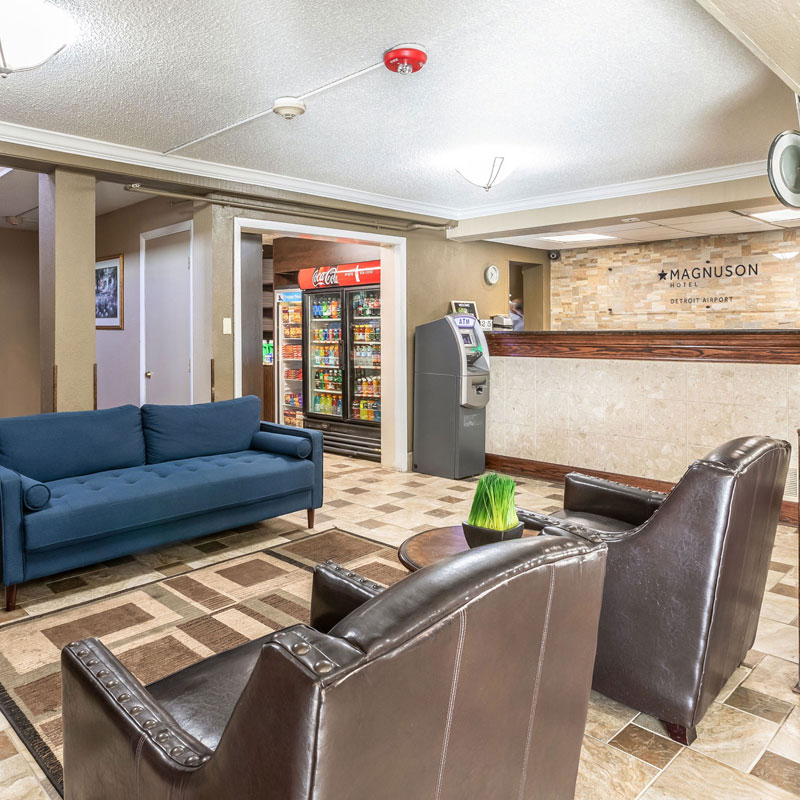
Hotels with a real time comprehensive view of today and future occupancy can effectively schedule housekeeping labor and manage utilities. As housekeeping labor and utilities are the 2 biggest costs in an operation, tying labor and utilities to forecasted occupancy can easily cut a few percent off operating costs. And in any hotel, it’s usually only a few percent that make the difference between loss and profit.
On top of a comprehensive cloud-based operating system, hotels need the widest OTA-alternative distribution access to build business bases that can be sustainable in any economic scenario. To accomplish this, we built Magnuson’s distribution set with the highest focus on local and regional non-leisure business segments. A very fundamental but overlooked market strategy for any hotel is to start your business close to home. Stack up contracts throughout the year with local non-leisure segments that are impervious to economic instabilities, such as government, transportation, trucking, construction, medical, public safety, energy, defense, security. The goal is to secure a 52 week a year base of local non-leisure that comes to about 50% of our occupancy. These are the key market segments of people who make the world go around and have to travel no matter what is occurring.
We use all GDS channels extensively to access these segments, but we also reach out directly to any business segment that can help fill rooms profitably. When you have this foundation built, then you can use OTAs to backfill, to drive leisure. When we have a foundation built, the daily available rooms will always yield at a much higher rate.
By instituting a local business base strategy, Magnuson’s portfolio was impacted less than all other hotel chains throughout 2020, sustaining a portfolio occupancy reduction of only 0.4%, against an industry-wide fall of 15% across the USA; a factor of almost 30 to 1.
How, in your view, will technology play a role in the hospitality industry’s recovery?
So out of Covid, as global standards of living rise and national borders open, we will see more travel segments than ever. We will see more small, medium size companies travel for business to more places, we will see freer and wider leisure travel to more places. Remember, prior to Covid, the global hotel industry was growing at 4% annually, twice the rate of established GDPs such as UK and USA. Despite Covid and its travel restrictions, the demand is there and will continue to be.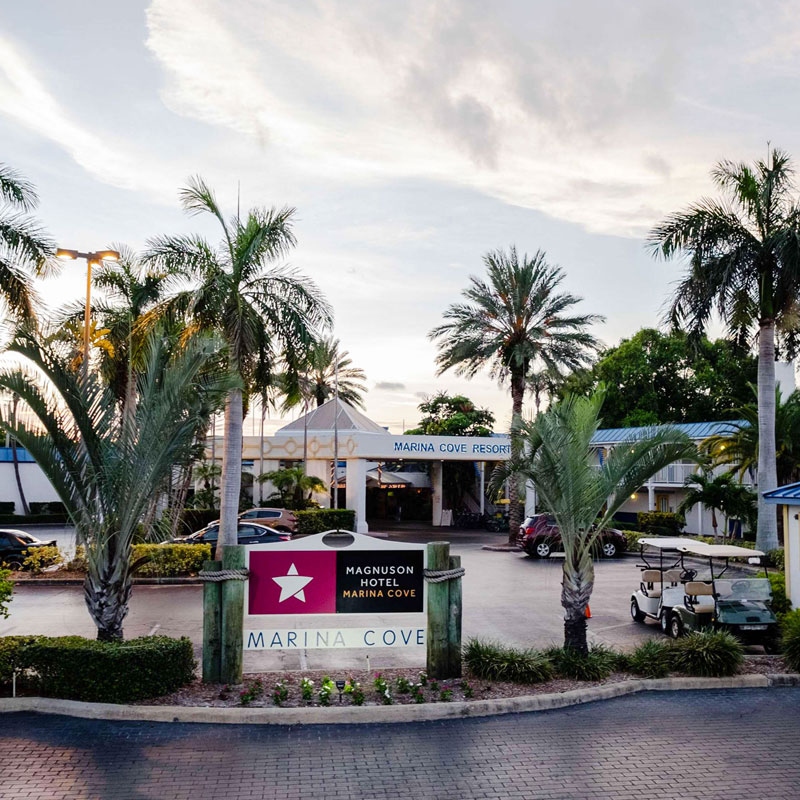
One benefit of age is gaining historical perspective from having lived through challenging times. Magnuson Hotels was started in the wake of 911, doubling in size from 2008-2010 and we foresee a growth era post-Covid of previously unseen proportions.
Prior to 911, global distribution, access to GDS and global corporate market segments was proprietary to the major brand chains such as Hilton, Marriott, IHG. Immediately after 911, Magnuson Hotels became the first company to bring this technology firepower down to smaller hotels in secondary and tertiary markets, giving them equal access to global markets.
Magnuson has always been committed to developing the most powerful technology possible for hotels anywhere to access the world. Historically, as technology develops faster, and efficiencies are gained, costs fall. When costs fall, it is appropriate to pass along the savings to hotel owners so they can have access to global markets, increase prosperity and grow employment in the industry. When owners can increase business, operate more profitably and at less cost, they pass along savings to travelers. Everybody wins.
In each of these eras of 911, 2008 and 2020, technology has indeed driven growth by making it possible for more small businesses to access more markets at lower cost.
What lessons have you learned from the early days of the pandemic to today?
When times are tough, we’ve got to have each other’s back, and that’s when you find out who your friends are. From the pandemic, as well as the other crises we’ve operated through, the most critical element has been the human one. People need to stay in touch each day, check on each other, let each other know we are not alone, and all in this together. Team work makes the dream work.
